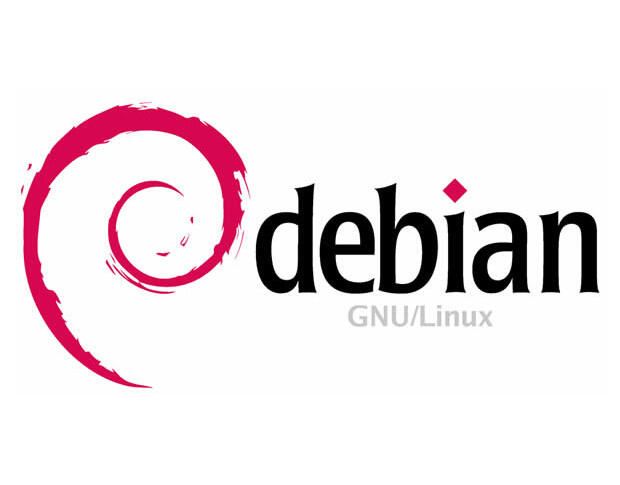Debian Operating System
Debian is one of the oldest and most respected Linux distributions, known for its stability, commitment to free and open-source software, and strong emphasis on principles like inclusiveness, transparency, and community-driven development. Here’s an in-depth look at Debian:
History:
- Origin: Debian was first released in 1993 by Ian Murdock. The name “Debian” is a combination of his name and that of his then-girlfriend, Debra.
- Community-Driven: It’s developed and maintained by a global community of volunteers, with a strong commitment to free software principles.
Features:
- Package Management: Debian uses the APT (Advanced Package Tool) package management system, allowing easy installation, updates, and removal of software.
- Stable Releases: It’s renowned for its stability, achieved through rigorous testing of software before including it in a stable release.
- Multiple Architectures: Debian supports a wide range of hardware architectures, making it versatile for different systems.
- Free Software Philosophy: Debian strictly adheres to the principles of free software and emphasizes the importance of open-source development.
- Release Cycle: Debian has different branches, including Stable, Testing, and Unstable, with the Stable branch being the most commonly used for production systems due to its stability.
Technical Details:
- Kernel: Debian uses the Linux kernel as its default kernel, but it also supports other kernels like the FreeBSD kernel (in the Debian GNU/kFreeBSD port) and the Hurd kernel (in the Debian GNU/Hurd port).
- Init System: Historically, Debian used SysV init, but it transitioned to systemd as the default init system.
- File System: Typically, Debian uses the ext4 file system, but it supports various file systems like Btrfs, XFS, and more.
Philosophy and Focus:
- Free Software Guidelines: Debian is committed to the Debian Free Software Guidelines (DFSG), ensuring that software included in the distribution complies with these principles.
- Community Governance: The project is governed by the Debian Constitution, with decisions made through a democratic process involving developers.
Community and Support:
- Volunteer Community: Debian is developed and maintained by a large and dedicated community of volunteers worldwide.
- Documentation and Support: It offers extensive documentation, wikis, forums, and mailing lists where users can seek help and contribute.
Usage:
- Servers and Desktops: Debian is widely used on servers due to its stability and reliability. It’s also popular among Linux enthusiasts for desktop usage.
- Customizability: Its minimal base installation allows users to customize their system according to their specific needs.
- Security Focus: Debian places a strong emphasis on security, regularly issuing updates and patches to maintain system integrity.
Future:
- Continued Development: Debian continues to evolve with new releases, incorporating the latest software while maintaining its stability and commitment to free software principles.
- Enhanced Compatibility: Future versions may focus on improved hardware support and compatibility with modern technologies.

